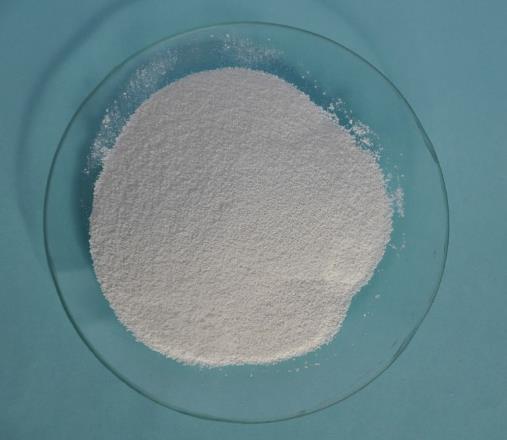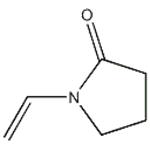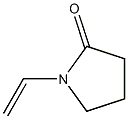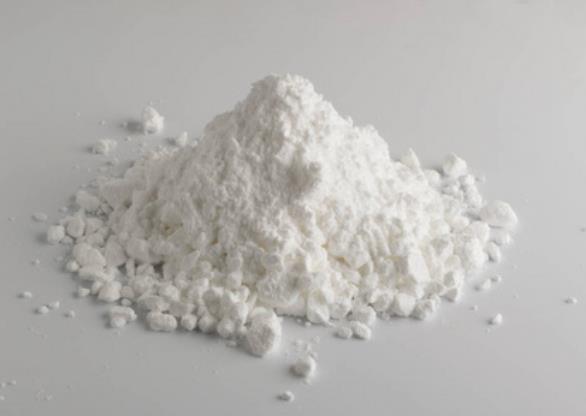Crospovidone: A Comprehensive Overview
Pharmaceutical excipients are an important part of drug preparations, and choosing the right excipients is one of the key factors for drug preparations to exert their efficacy. Crospovidone is one of the excellent new excipients developed in recent years. Due to its strong water absorption, good swelling and excellent disintegration performance, it is known as one of the three major super disintegrants together with cross-linked sodium carboxymethyl cellulose and cross-linked sodium carboxymethyl starch; Crospovidone is also used as a dissolution promoter, which greatly improves the solubility of drugs in solid preparations.

Figure 1 Characteristics of Crospovidone
Structure of Crospovidone
From a structural point of view, Crospovidone can be regarded as a polyvinyl pyrrolidone (PVP) molecular chain with a linear molecular structure cross-linked by physical or chemical methods, so Crospovidone can also be called cross-linked PVP or insoluble PVP. Among them, Polyplasdone XL-10 (PVPPXL-10) is a fine-particle Crospovidone with a particle size of only about 25 to 40μm and a popcorn-like structure.
Preparation method
Crospovidone produced by different preparation methods has different swelling capacity in water and presents various forms, including soft gel, white powder or porous particles, which can meet different needs.
The NVP self-crosslinking polymerization method can obtain Crospovidone with high crosslinking degree and insoluble in water; the copolymerization method can obtain Crospovidone with super strong water absorption and water retention capacity.
Application of Crospovidone
Used as a disintegrant
The main working principle of super disintegrant is: capillary action, moist heat, deformation recovery, inter-particle repulsion, and swelling action (in actual application, it is often the result of a combination of multiple actions). Crospovidone can quickly show high capillary action and excellent hydration ability, and has almost no tendency to form gel. It is mainly used as a disintegrant for tablets, and can also be used as a disintegrant and filler for pills, granules, and hard capsules. The amount of Crospovidone used in direct tableting and dry or wet granulation tableting processes is generally 2% to 5%.
Used as a dissolution promoter
Crospovidone is also used as a dissolution promoter for disintegrants, which greatly improves the drug solubility of solid preparations. For telmisartan, which has poor water properties, starch with good solubility is used as a model drug, and the excipient Crospovidone is added to prepare telmisartan immediate-release tablets. Through the physical and chemical properties of granules and tablets and in vitro dissolution determination, it was found that the immediate-release tablets made of Crospovidone have suitable hardness and disintegration time, and the dissolution rate is significantly improved.
Compared with starch, Crospovidone can significantly improve the solubility of acetaminophen in Qiangli Yinqiao tablets, and it does not change with storage time. When preparing ganciclovir dispersible tablets with strong fat solubility, poor water solubility and low oral bioavailability, Crospovidone is selected as a dissolution promoter. The study found that the cumulative dissolution rate of the prepared dispersible tablets can reach more than 90% after 6 minutes, and concluded that the in vitro dissolution and drug release of ganciclovir dispersible tablets are significantly better than those of ordinary tablets and capsules.
See also
Lastest Price from Crospovidone manufacturers

US $1.00/g2025-12-29
- CAS:
- 2748414-29-1
- Min. Order:
- 300g
- Purity:
- 99.8%
- Supply Ability:
- 20 TONS

US $0.00/kg2025-11-05
- CAS:
- 25249-54-1
- Min. Order:
- 25kg
- Purity:
- 98%
- Supply Ability:
- 200 tons


